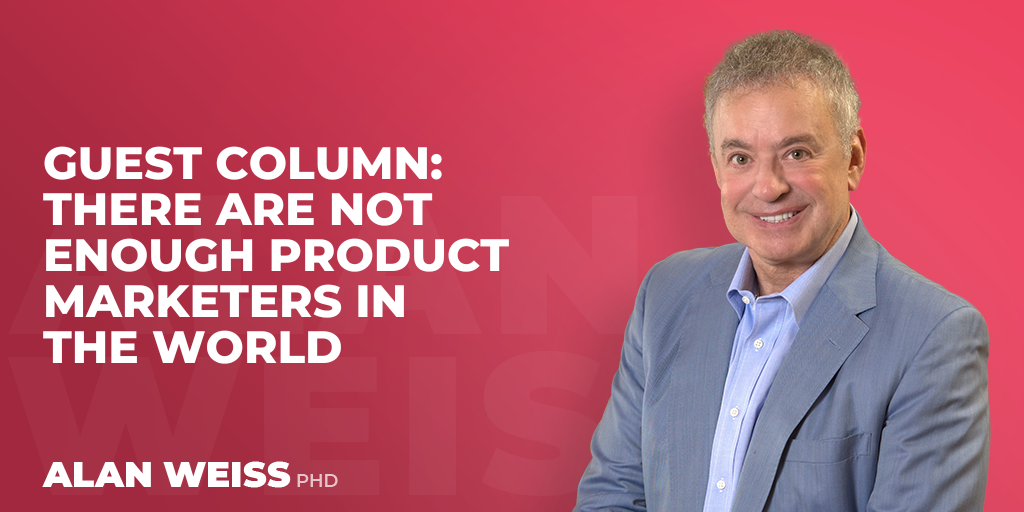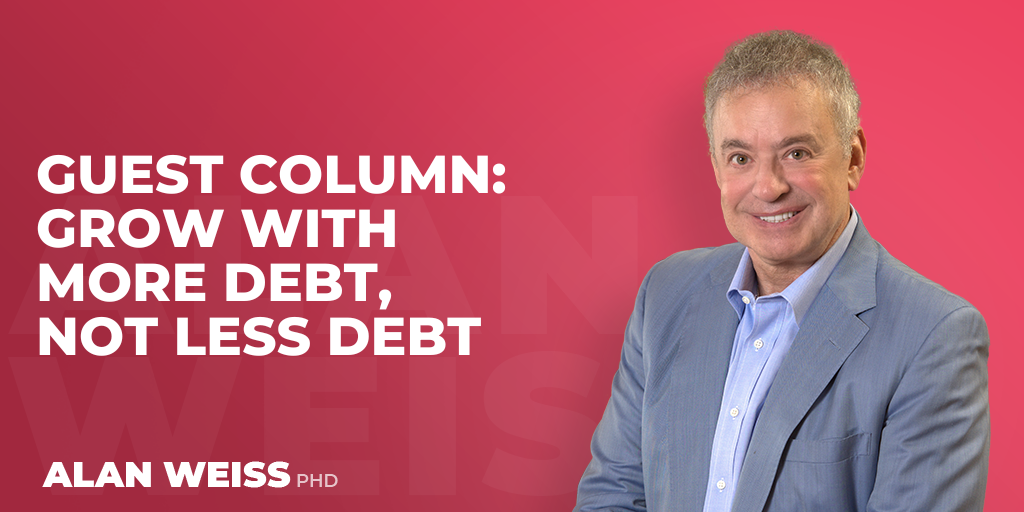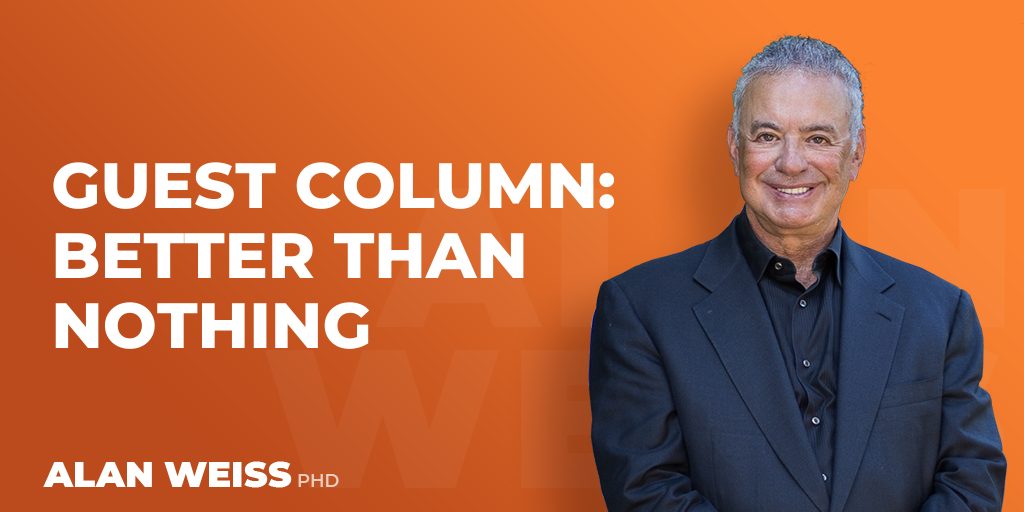How to Succeed in Finding Your “Passion”
How To Succeed In Finding Your “Passion”
Angie Katselianos
Angie is a member of Alan’s global Private Roster Mentor Community who resides in Milan.
Orienting your life and business around your “passion” has its privileges: You jump over hurdles like an Olympian, infect those who know you with enthusiasm, and pulverize setbacks on contact. You stay in the game, never take your eye off the goal, and go full force. Success is a daily outcome, as work and play become one. Since your “passion” is intrinsic, you never leave home without it. These are only a handful of reasons that seeking one’s “passion” is rapidly becoming the nation’s quest for the Holy Grail. But why do many individuals find it so difficult to identify their “passion?”
Part of the problem is they’re confusing their “passion”—i.e., an inner driving force—with something else—i.e., the emotion we call passion.
Passion is a strong interest or emotion. The problem with passion, as with anything that is emotion-based, is that it fades over time. It changes. Infatuations cool off, interests wane. That’s far from a solid foundation on which to invest or build. Thus, one’s “passion” cannot be the same thing as the emotion of passion.
What organizations and people really are seeking is inspiration.
Inspiration is that inner-guided force which is constant and inexhaustible. It doesn’t change. Inspiration is the inextinguishable drive to fully engage in that, which energizes your being. Once this force is activated, entering your conscious awareness, it can no longer be denied or diminished.
As with any quest, the way you define what you seek determines where you look, which influences the degree of success in finding it. Looking for your passion instead of for your inspiration leads to three fatal mistakes:
- Searching “out there.” Google the word “passion,” and at this writing, 624 million results flash on your screen faster than you can blink. But you won’t find your passion by putting social media, online communities, and the market under surveillance. What you seek is not out there—it’s nestled within.
- Looking for pleasure. Passion usually is associated with a strong desire or interest. This leads people to assume they should be looking for their passion among things that they like or consider positive. As a result, conventional wisdom concludes that passion is about pleasure. Nothing could be further from the truth.
In fact, what you seek is concealed where you’d least expect to find it: under the rock of pain. Paradoxically, your highest source of inspiration is rooted in your deepest pain.
Herein lies the challenge: Human beings tend to run away from pain and toward pleasure. This is why as long as you keep running and don’t look under the rock, you can’t expect to find your passion.
- Hunting for the latest and greatest. The widespread belief that what may have motivated you five years ago doesn’t necessarily stimulate you today induces many to look high and low for passion among “recent” or “different” interests. Big mistake. Working with clients around the globe, I’ve unfailingly observed that the origin of what deeply inspires individuals can be traced back as early as before the age of five. Inevitably, inspiration is a fine thread that is delicately woven through the fabric of our existence.
Since words do matter, stop looking for your passion and start looking for your inspiration. You can avoid making the three mistakes that lead so many people astray. The antidotes are to search within instead of looking “out there,” seek inspiration that arises from pain rather than pleasure, and look in the past for a recurring theme. The fact is that we find what we’re looking for. When you seek inspiration in the ways suggested here, you will be successful in finding your “passion.”
Angie Katselianos is The Performance Catalyst™ who partners with organizations and leaders to galvanize human productivity achieving breakthrough results in record time.
Some of her clients include Hewlett-Packard, Electrolux, Travelport, Italian Ministry of Defence, Alitalia, and Fiat. For more information, visit her website at www.platinum-performance.com. She can be reached in Milan, Italy at +39 (02) 2316-5715.
© 2012 Platinum Performance International, Inc. All Rights Reserved






